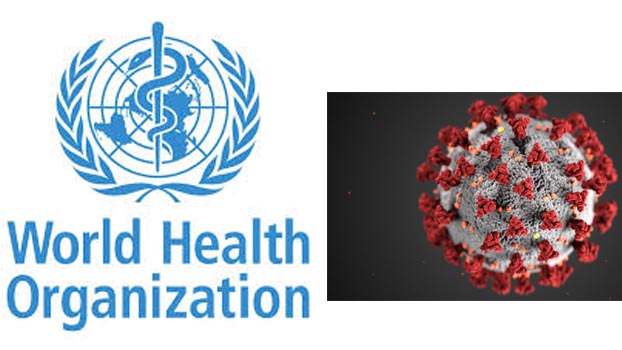Smokers more vulnerable to Covid-19: WHO

Smokers are likely to be more vulnerable to Covid-19, says the World Health Organization (WHO).
This is because as the act of smoking means that fingers and possibly contaminated cigarettes are in contact with lips which increases the possibility of transmission of virus from hand to mouth, the UN health agency said in an information note on coronavirus and non-communicable diseases released recently.
The WHO said smokers may also already have lung disease or reduced lung capacity which would greatly increase risk of serious illness.
“Smoking products such as water pipes often involve the sharing of mouth pieces and hoses, which could facilitate the transmission of Covid-19 in communal and social settings.
“Conditions that increases oxygen needs or reduces the ability of the body to use it properly will put patients at higher risk of the consequences of bilateral viral pneumonia,” the WHO experts said in the note.
The world is grappling to fight off the pandemic in which over 21,000 people died, though most of the people make complete recovery.
But older people and people with preexisting conditions such as heart diseases, diabetes, and respiratory conditions appear to be more susceptible to becoming severely ill with the virus
Bangladesh reported 39 confirmed cases. Of them five died; all were above 60 years.
The WHO said people of all ages can be infected by the new coronavirus. The risk of becoming severely ill with the virus appears to increase if you are over 60 years.
People with pre-existing non-communicable diseases also appear to be more vulnerable to becoming severely ill with the virus.
These NCDs include: cardiovascular disease (e.g. hypertension, persons who have had, or are at risk for, a heart attack or stroke), chronic respiratory disease (e.g. COPD), diabetes and cancer.
The WHO gave some tips for the people living with or affected by NCDs.
“Continue to take your medication and follow medical advice. Secure a one month supply of your medication or longer if possible. Keep a distance of at least one metre from people with a cough, cold or flu. Wash your hands often with soap and water. Quit smoking and avoid using coping strategies involving alcohol or drugs. Safeguard your mental health.”
“A healthy lifestyle will make all bodily functions work better, including immunity. Eating healthy diets, with plenty of fruit and vegetables, keeping physically active, quitting smoking, limiting or avoiding alcohol intake, and getting enough sleep are key components of a healthy lifestyle,” the WHO said.




